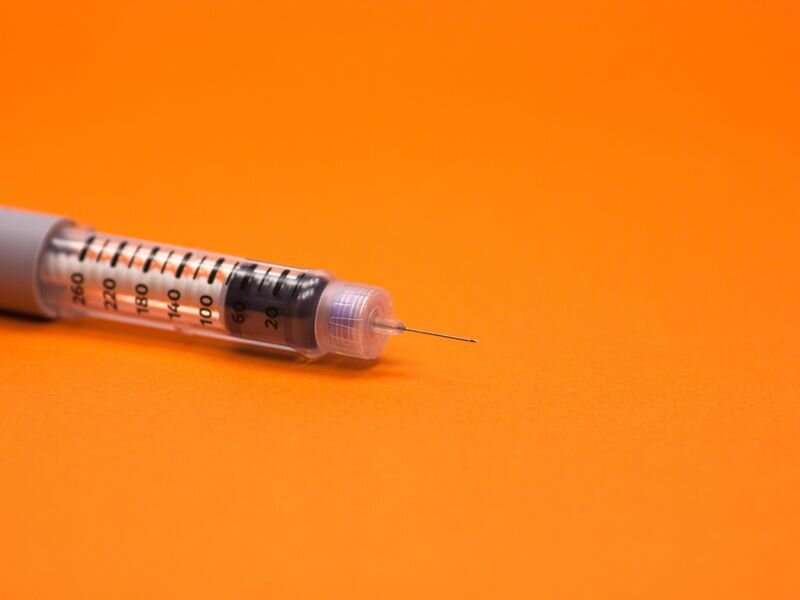
Subcutaneous dupilumab administered weekly is associated with improved histologic outcomes and alleviation of symptoms among patients with eosinophilic esophagitis, according to a study published in the Dec. 22 issue of the New England Journal of Medicine.
Evan S. Dellon, M.D., M.P.H., from the University of North Carolina School of Medicine in Chapel Hill, and colleagues conducted a three-part, phase 3 trial involving patients aged 12 years or older who were randomly assigned to receive subcutaneous dupilumab (300 mg/week) or placebo (Part A), or to receive 300 mg dupilumab weekly or every two weeks or weekly placebo (Part B) up to 24 weeks. Participants who completed Parts A and B continued in Part C; those who completed Part A received dupilumab at 300 mg/week up to week 52 (Part A-C); Part C that included patients from Part B is ongoing.
The researchers found that histologic remission occurred in 60 and 5 percent of those who received weekly dupilumab and placebo, respectively, in Part A, and in 59, 60, and 6 percent of those receiving dupilumab every two weeks, weekly, and placebo, respectively, in Part B. The mean Dysphagia Symptom Questionnaire (DSQ) scores improved with weekly dupilumab versus placebo, with differences of −12.32 in Part A and −9.92 in Part B; no significant difference was seen for dupilumab every two weeks.
“Weekly treatment with subcutaneous dupilumab improved histologic outcomes and alleviated symptoms of eosinophilic esophagitis in both adults and adolescents,” the authors write.
The study was supported by Sanofi and Regeneron Pharmaceuticals, the manufacturers of dupilumab.
More information:
Abstract/Full Text (subscription or payment may be required)
Editorial (subscription or payment may be required)
Journal information:
New England Journal of Medicine
Source: Read Full Article
